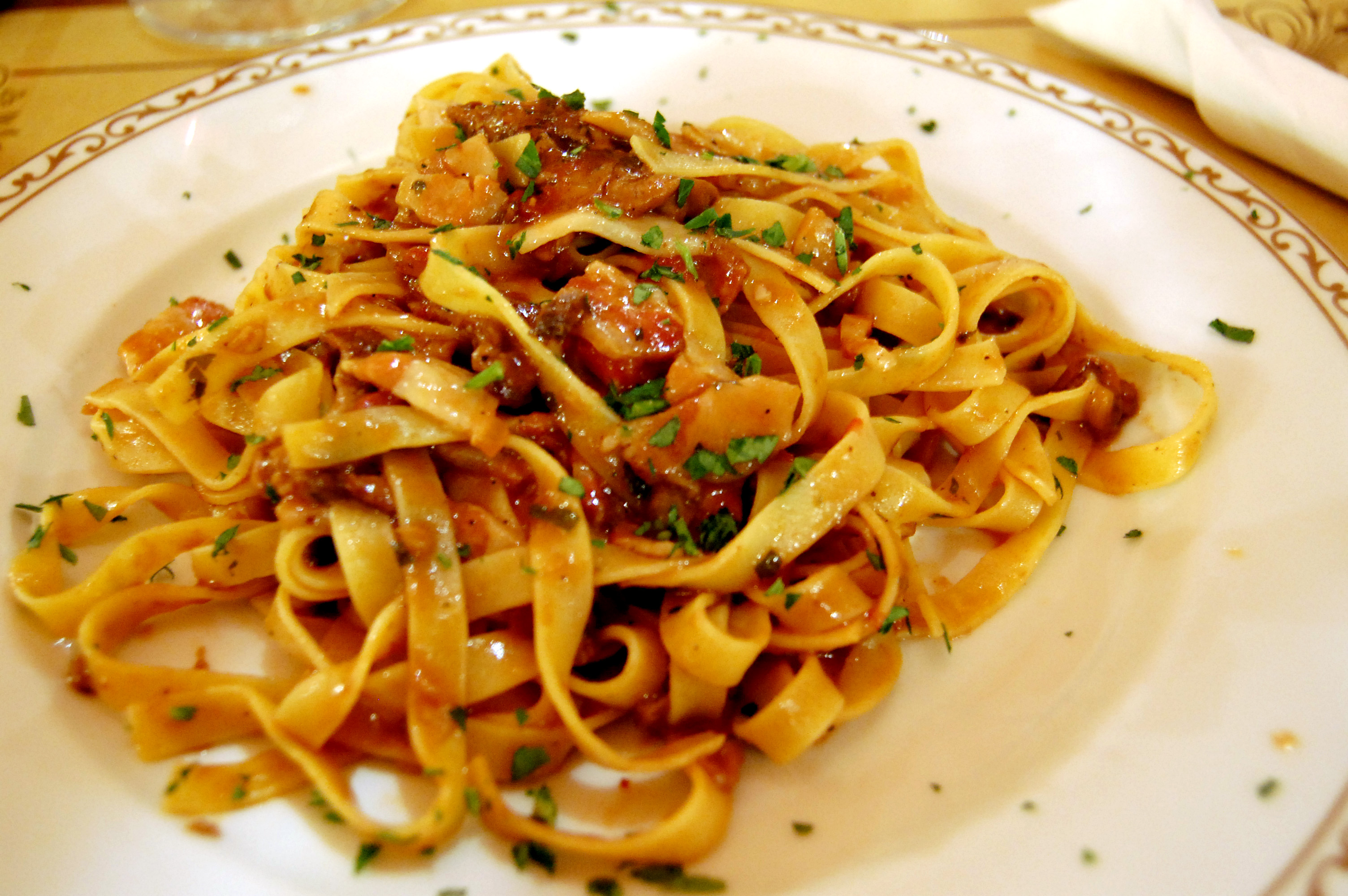Il verbo “piacere” e altri simili
The verb to like and other similar verbs
The verb piacere is analogous to the verb to like in English, but it really means to be pleasing.
In English one says: I like risotto. In Italian one says: Mi piace il risotto, which literally means Risotto is pleasing to me. It is a different way of expressing the same idea.
- The two most common forms of the verb piacere in the present tense are piace and piacciono.
- piace + singular noun → Mi piace la panna cotta.
- piace + one or more infinitives → Mi piace fare e mangiare le torte.
- piacciono + plural noun → Mi piacciono le farfalle.
- When using piacere, you need to use these pronouns:
| mi or a me = to me | ci or a noi = to us |
| ti or a te = to you (informal) | vi or a voi = to you (plural) |
| gli or a lui = to him | gli or a loro = to them |
| le or a lei = to her | |
| Le or a Lei = to you (formal) |
Notice:
– When using the name of the person, you must use a + person’s name, i.e. A Maria piace la carne [Maria likes meat].
– You often need to combine the preposition a + definite article, i.e. Ai miei nonni piace giocare a carte [My grandparents like to play cards] and Alle mie amiche non piace sciare [My girlfriends don’t like to ski].
– Unlike in English, you must use definite articles when speaking of things you like or don’t like, i.e. Mi piacciono gli gnocchi [I like gnocchi] or Ti piace il caffè? [Do you like coffee?]
– To make a negative statement, simply place non before the pronoun, i.e. non mi piace la carne or non ci piacciono le linguine. BUT: when using the forms a me, a te, a lui, etc. the word order changes: a me non piace la carne and a noi non piacciono le linguine.
– To say “I like it,” you simply say Mi piace. To say “I like them,” you simply say Mi piacciono.


Mi piace la bruschetta Mi piacciono le tagliatelle
Altri verbi simili a piacere [Other verbs similar to piacere]
The following verbs have the exact same structure of piacere:
| MANCARE [to miss; to lack] | Mi manca mio padre. | Mi mancano i miei amici. |
| BASTARE [to be enough] | Non mi basta un euro per un caffè. | Non mi bastano due euro per due caffè. |
| SERVIRE / OCCORRERE [to be necessary; to need] | Mi serve / occorre una matita. | Mi servono /occorrono due matite. |
| RIMANERE / RESTARE [to still have; to be left with] | Ti rimane / resta un’ora prima del concerto. | Ti rimangono / restano tre ore prima del concerto. |
| VOLERCI [to need; it takes] | Ci vuole un’ora per fare questo piatto. | Ci vogliono due ore per fare questo piatto. |
| INTERESSARE [to be interested in] | Non vi interessa questo film? | Non vi interessano questi film? |
Notice:
- Servire also means to serve > Il cameriere ci serve il risotto.
- Servire a means to be used for > Il sale serve a insaporire i piatti.
- Servire and occorrere are synonyms of avere bisogno di.
Amare and Volere bene [to love]
Amare can be a synonym of piacere:
- Giulio ama vivere tranquillo. = A Giulio piace vivere tranquillo.
- Noi amiamo viaggiare. = Ci piace viaggiare.
Amare is also used to express romantic love:
- Franco ama la sua ragazza. [Franco loves his girlfriend.]
- Luisa e Serena si amano. [Luisa and Serena love each other.]
- Ti amo! [I love you!]
Voler bene a expresses affection and non romantic love (love of family and friends):
- Voglio molto bene a mio nonno. [I love my grandfather very much.]
- Ti voglio bene! [I love you!]
